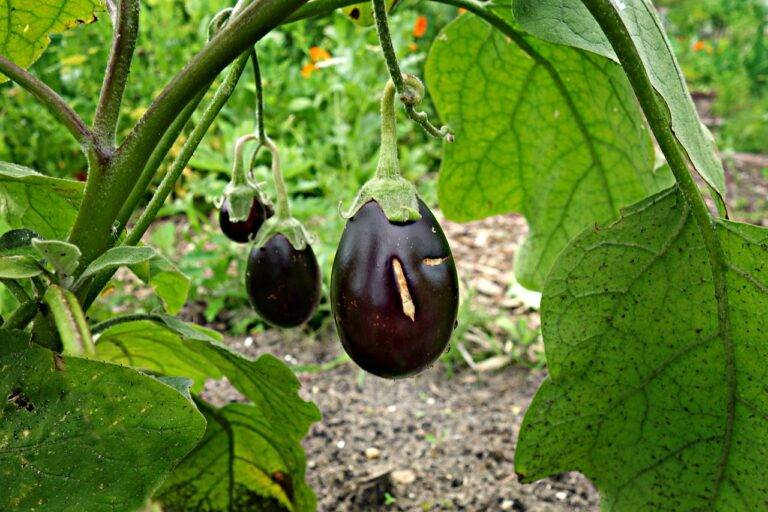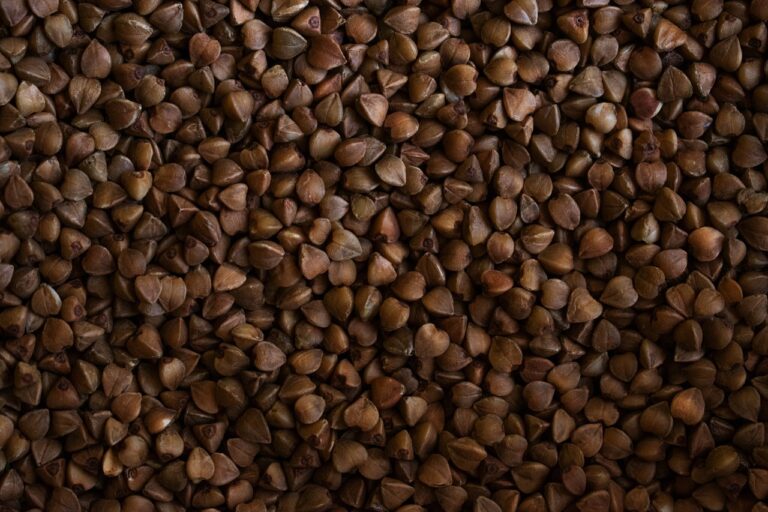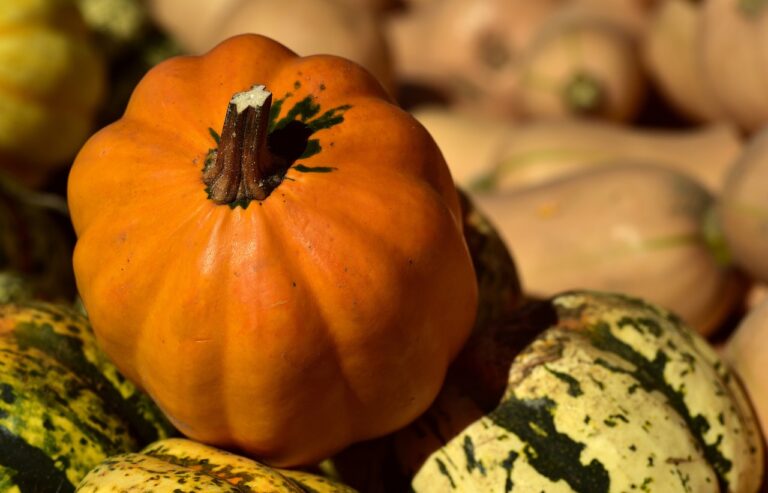Exploring the role of food technologists in pulp and puree innovation: Betbhai9 registration, Radheexch/admin, My 99 exch
betbhai9 registration, radheexch/admin, my 99 exch: Have you ever wondered how your favorite fruit pulp or puree products come to be? How do food companies create innovative flavors and textures while ensuring shelf stability and nutritional quality? The answer lies in the expertise of food technologists who play a pivotal role in pulp and puree innovation.
Food technologists are professionals who apply scientific knowledge and technology to the production, processing, and preservation of food products. In the case of pulp and puree products, food technologists work closely with food scientists, engineers, and manufacturers to develop new and improved products that meet consumer demands for convenience, taste, and nutrition.
Pulp and puree products are popular choices for consumers who seek healthy and convenient food options. Whether it’s fruit purees for smoothies, sauces, or desserts, or vegetable pulps for soups, dips, or spreads, these products offer a convenient way to enjoy the taste and nutrition of fresh produce year-round. Food technologists play a crucial role in the development of these products by utilizing their expertise in food science, engineering, and technology.
Here are some key ways in which food technologists contribute to pulp and puree innovation:
1. Product Development: Food technologists work with food scientists and researchers to develop new pulp and puree products that meet consumer preferences and industry trends. They conduct sensory evaluations, formulation trials, and shelf-life testing to ensure the quality and safety of the products.
2. Processing Technology: Food technologists are responsible for developing and optimizing processing technologies for pulp and puree production. They work with equipment manufacturers to design and implement processing lines that ensure efficient and consistent product quality.
3. Food Safety and Quality Assurance: Food technologists play a key role in ensuring the safety and quality of pulp and puree products. They develop and implement quality control procedures, conduct microbiological testing, and monitor processing conditions to ensure compliance with food safety regulations.
4. Ingredient Selection and Optimization: Food technologists work with suppliers to source high-quality ingredients for pulp and puree production. They optimize ingredient formulations to enhance product flavor, texture, and nutritional value.
5. Packaging Innovation: Food technologists collaborate with packaging engineers to develop innovative packaging solutions for pulp and puree products. They ensure that packaging materials protect the product from contamination, light, and oxygen, while also maintaining product freshness and shelf stability.
6. Sustainability and Waste Reduction: Food technologists are increasingly focused on sustainability and waste reduction in pulp and puree production. They develop processes to minimize waste generation, optimize energy efficiency, and reduce water usage in production facilities.
Innovations in pulp and puree products have transformed the food industry, offering consumers a convenient and nutritious way to enjoy fruits and vegetables year-round. Food technologists are at the forefront of this innovation, applying their scientific knowledge and technical skills to develop new products that meet consumer demands for taste, convenience, and nutrition.
In conclusion, food technologists play a crucial role in pulp and puree innovation, working with food scientists, engineers, and manufacturers to develop new and improved products that meet consumer preferences and industry trends. Their expertise in food science, engineering, and technology is essential for ensuring the safety, quality, and sustainability of pulp and puree products.
FAQs:
1. What are the benefits of consuming pulp and puree products?
Pulp and puree products offer a convenient way to enjoy the taste and nutrition of fresh fruits and vegetables year-round. They are versatile ingredients that can be used in a wide range of recipes, from smoothies and sauces to soups and desserts.
2. Are pulp and puree products processed?
Yes, pulp and puree products undergo processing to ensure food safety and shelf stability. Food technologists work to develop processing technologies that preserve the taste, texture, and nutritional quality of the products.
3. How can I incorporate pulp and puree products into my diet?
You can use pulp and puree products in a variety of recipes, such as smoothies, sauces, soups, dips, and desserts. They are a convenient way to add flavor and nutrition to your meals and snacks.
4. Are pulp and puree products sustainable?
Food technologists are increasingly focused on sustainability and waste reduction in pulp and puree production. They develop processes to minimize waste generation, optimize energy efficiency, and reduce water usage in production facilities.







